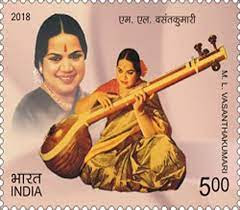The establishment of the United Kingdom's National Health Service (NHS) is a significant milestone in the country's history. On July 5, 1948, the NHS was officially launched, providing publicly funded healthcare to all citizens, regardless of their ability to pay.
The NHS was created with the principal aim of providing comprehensive healthcare that is free at the point of delivery. It was a groundbreaking concept at the time, as it introduced the idea of healthcare as a public service rather than a privilege for those who could afford it.
The NHS is based on the principles of universal access, funded through taxation, and available to all residents of the United Kingdom. Its services cover a wide range of healthcare needs, including primary care, hospital care, mental health services, and specialized treatments.
The introduction of the NHS marked a significant improvement in healthcare accessibility for the British population. It aimed to address the inequalities in healthcare provision and ensure that everyone had access to essential medical services, regardless of their socioeconomic background.
The establishment of the NHS was met with widespread support and has become a source of national pride for the United Kingdom. It is often regarded as one of the most significant social reforms in the country's history and has had a profound impact on the health and well-being of the population.
Since its inception, the NHS has undergone several transformations and reforms to adapt to changing healthcare needs and financial challenges. It continues to be a cornerstone of the British welfare state, providing essential healthcare services to millions of people.
The NHS remains a subject of political and societal debate, particularly in relation to funding, resource allocation, and the sustainability of the system. However, its fundamental principles of universal access and public provision of healthcare have remained central to the British healthcare system for over seven decades.









